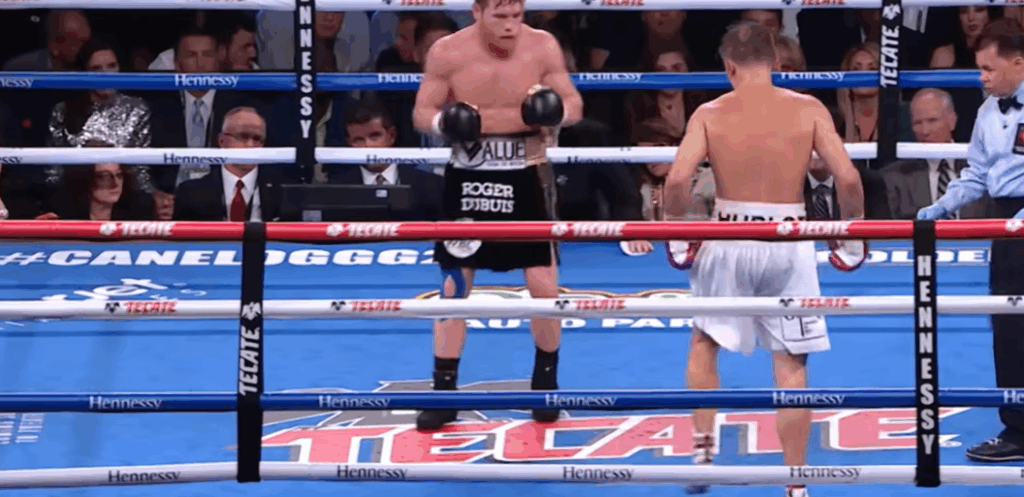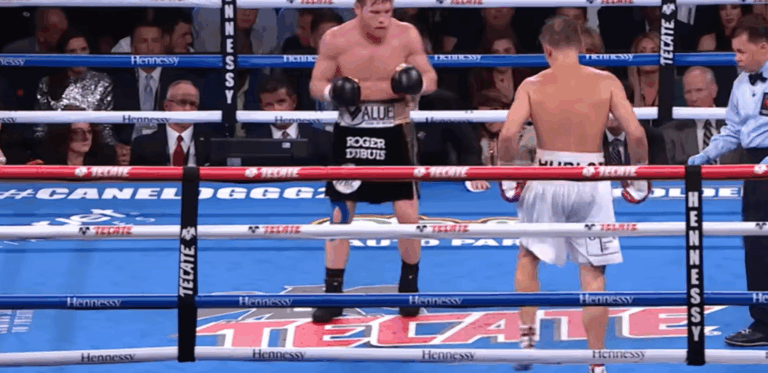Canelo Álvarez Profile
| Full Name | Santos Saúl Álvarez Barragán |
|---|---|
| Known As | Canelo Álvarez |
| Date of Birth | July 18, 1990 |
| Birthplace | Guadalajara, Jalisco, Mexico |
| Nationality | Mexican |
| Profession | Professional Boxer |
| Active Since | 2005 (turned pro at age 15) |
| Weight Classes | Light Middleweight to Light Heavyweight |
| Estimated Net Worth | $300 million (as of May 2025) |
| Major Deals | DAZN ($365M), Anheuser-Busch, Canelo Energy |
| Reference | www.celebritynetworth.com |
Few athletes have mapped out a more interesting and clearly self-driven financial path in the last 20 years than Canelo Álvarez. He started boxing as a boy, making less money than a street vendor might make in a weekend, and was raised in rural Jalisco. His estimated $300 million net worth as of 2025 reflects both a successful business model and a distinguished career.
Álvarez has demonstrated that contemporary athletes need to be more than just champions; they also need to be entrepreneurs by turning his image from a brawler into a brand. His forays into the energy, fashion, fitness, and retail industries demonstrate a highly adaptable grasp of market gaps, especially in Latin America. Canelo has thoughtfully planned a future that goes far beyond the ring, much like Jay-Z used rap to make money or LeBron James used his influence to gain equity.
His ascent started out abnormally early. He dominated Mexico’s junior circuit before turning pro at the age of 15, and even then, he was distinctly strategic. He chose durability over fame, taking on older, more formidable opponents and learning lessons at a rate that was much quicker than that of many of his contemporaries. He had won his first significant world titles by 2011. His $365 million contract with DAZN, which promised him $35 million per fight, was one of the richest contracts in sports history by 2018.
But that deal turned into a legal battleground. Citing contractual violations related to opponent selection and payment delays, Álvarez filed a $280 million lawsuit against DAZN and Golden Boy Promotions in 2020. A more profound reality emerged from the lawsuit: Canelo was more than just a boxer. He was now his own financier, strategist, and negotiator. He gained control over broadcasting rights, increased per-fight payouts, and direct negotiations by gaining independence from those contracts, opening up a completely new revenue stream. That choice has turned out to be very effective and creative given boxing’s strict structure.

His wealth now comes from a variety of endeavors. He now makes between $30 and $40 million from each fight, occasionally more with back-end PPV shares. Over his career, he has made over $600 million before taxes. These figures are comparable to those of boxing greats like Floyd Mayweather, but Álvarez achieves them without using a lot of gimmicks or flash. His brand is stronger but more grounded.
His fuel brand in Mexico, Canelo Energy, is a particularly noteworthy endeavor. His stations are growing remarkably quickly in a nation where fuel distribution is still fiercely competitive. He is directly competing with retail behemoths thanks to the Upper convenience store chain, which caters to everyday necessities. His ability to comprehend everyday consumption and effectively integrate himself into the economic cycle is evident in both businesses.
His foray into lifestyle followed with a clothing line, a taco restaurant franchise, and the fitness app “I Can.” He introduced two beverage lines in 2023: Yaoca, a hydration drink that competed with Gatorade, and VMC, a canned tequila cocktail. For those who view discipline as an identity, the branding was aspirational, masculine, and clean. Not surprisingly, they’ve had notable success in Mexico and the southwestern U.S., and each product line feels well-placed.
Athlete wealth is frequently fueled by endorsements, but Álvarez has chosen to be selective. He has a limited number of partnerships, including a $2 million annual deal with Anheuser-Busch. Because he values credibility over clutter, he has resisted the urge to go overboard. Despite its seeming conservatism, that decision has made his brand incredibly effective and transparent. He has thus acquired the kind of brand equity typically associated with luxury designers and tech CEOs.
He continues to perform at a high level in the ring. He returned to dominate the super middleweight class in 2019 after winning the WBO light heavyweight title. He became the division’s first undisputed champion in 2021 by unifying all four major titles. He quickly recovered from a rare loss to Dmitry Bivol in 2022, defeating Gennady Golovkin in their trilogy fight and holding onto his titles in a decisive victory over Jermell Charlo in 2023.
His fight against Terence “Bud” Crawford, which will be streamed on Netflix, is the focus of attention this year. Dana White’s TKO group and Saudi entertainment authorities are supporting the event, which marks the beginning of a new era in sports broadcasting. Like Taylor Swift did with concert films, Canelo is changing the way people watch boxing by signing on to a streaming service that has millions of users. It is anticipated that the fight will result in yet another record-breaking payout and solidify his position as a trailblazer in this evolving ecosystem.
His story captivates the public not only because of his wealth but also because of what he stands for. Interestingly, he is a self-made brand that appeals to Mexican identity, working-class pride, and self-discipline. His investments are cultural in nature rather than merely monetary.
Álvarez has proven to be financially mature, in contrast to athletes who fumble with luck. Luxury residences in Southern California and Guadalajara are part of his real estate holdings. He has openly backed youth sports initiatives throughout Latin America and participates in neighborhood development initiatives. Despite being less well-known than his knockouts, these actions reveal a personal goal: to use his success as a model for others.


